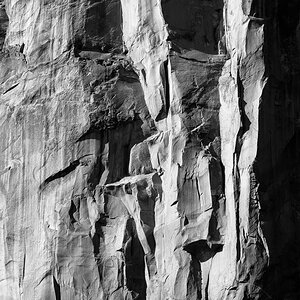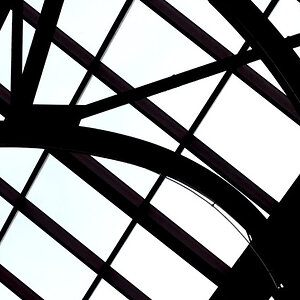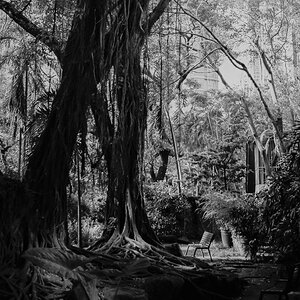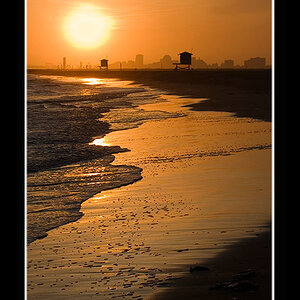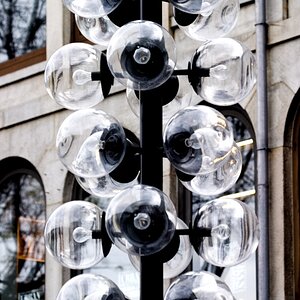brunerww
No longer a newbie, moving up!
- Joined
- Nov 26, 2012
- Messages
- 660
- Reaction score
- 59
- Location
- North America
- Can others edit my Photos
- Photos NOT OK to edit
Money quote: "The shift to smartphones could be similar to the transition from film to digital photography, which weeded out companies slow to adapt."
Smartphone Cameras at 41 Megapixels Pressure Canon, Nikon - Bloomberg
Smartphone Cameras at 41 Megapixels Pressure Canon, Nikon - Bloomberg



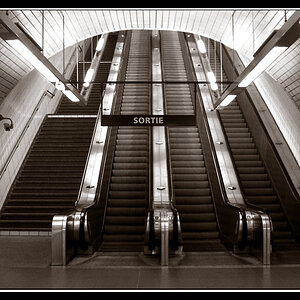
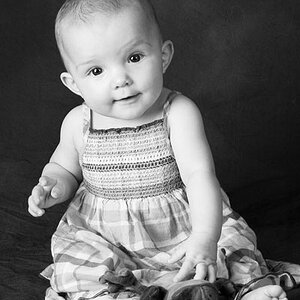

![[No title]](/data/xfmg/thumbnail/36/36100-56ca0f8143ffca369fbf5f3dfe9cabd4.jpg?1619737343)
